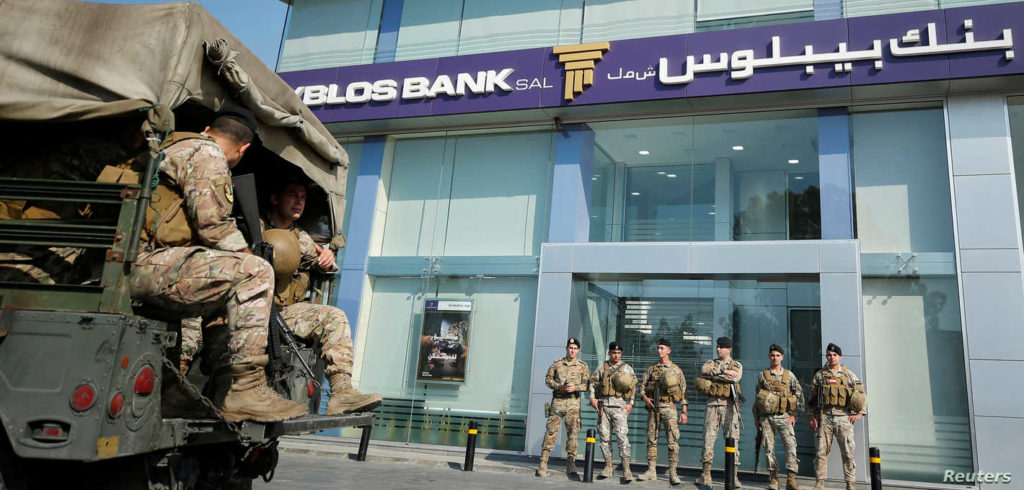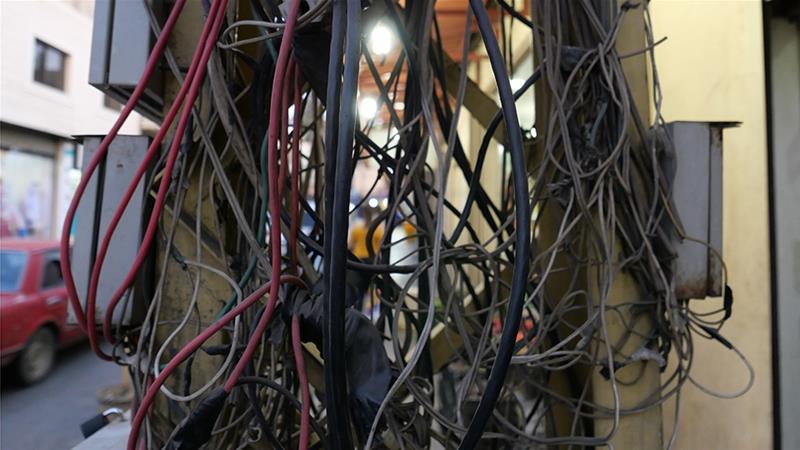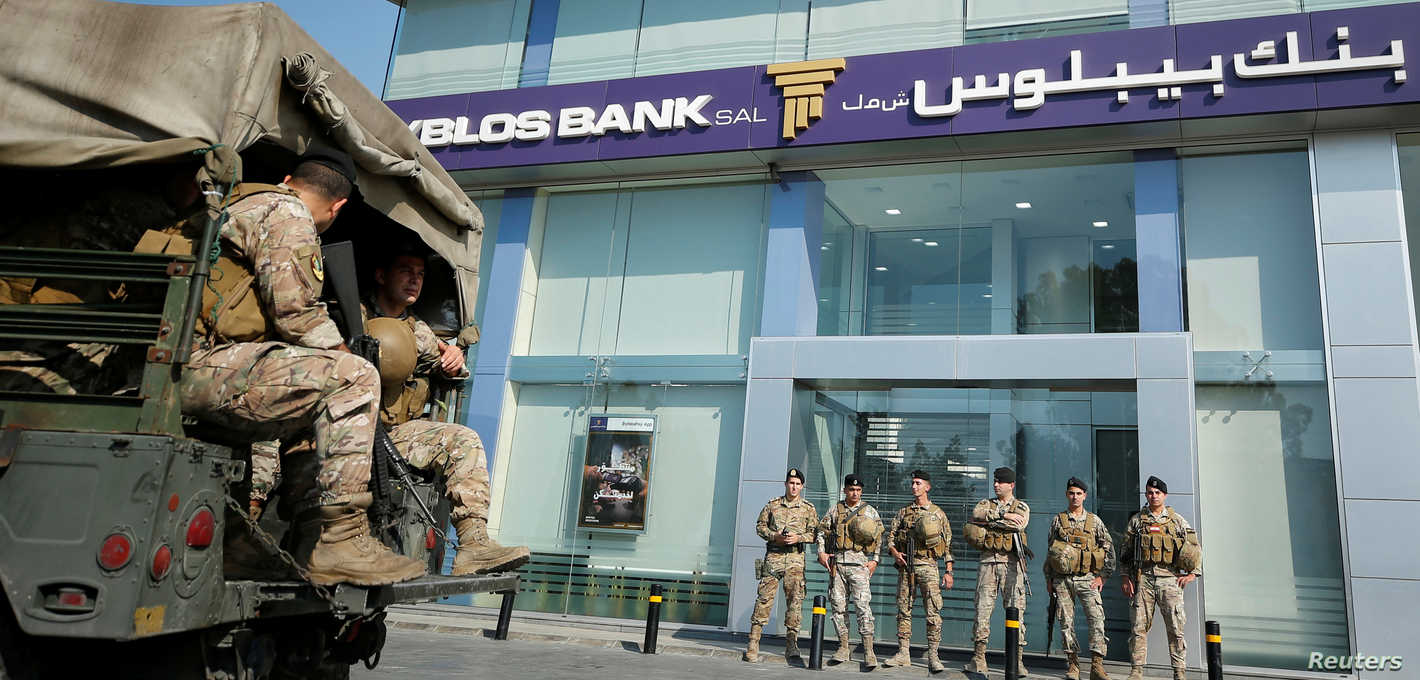BEIRUT: The Lebanese real estate sector has witnessed a spike in activity in the past three months despite an economic crisis that has seen the exchange rate of the dollar reach 6,000 lira, four times the official price.

Raja Makarem, a property expert and director of Ramco Real Estate, said that sales over the past three months amounts to over $2 billion. He told Arab News that the real estate rush “will continue as long as the Lebanese banks agree to give bank checks to their depositors.”
The decline of the real estate sector was one of the major signs of the economic crisis that began in 2012.
The crisis peaked after the end of subsidized housing loans and the decline of foreign investment in the Lebanese real estate market.
With Lebanon entering the stage of financial collapse in the second half of last year, real estate sector indicators recorded dire results for property value and sales numbers on top of a notable decline in new building licenses.
Property sales fell by up to 70 percent and the prices of apartments, especially larger ones, fell in value by 25 percent on average.
In light of banking restrictions on personal savings pushed through last November, and rumors of further measures, many Lebanese have used property as a vehicle to retain personal savings.
Jamal Shamas, a property expert, said: “During the last three months, depositors, especially those with large amounts, have been rushing to buy apartments in Solidere, in the heart of Beirut, and apartments on the Beirut waterfront, as these areas maintain their value due to their unique locations.”

He added: “I now receive 20 calls per day to procure apartments as an accredited expert for real estate appraisal.
“This phenomenon reached its climax when the banks announced that the depositors can withdraw small amounts from their dollar-based savings in Lebanese pounds, with a generous fixed exchange rate, so depositors rushed to real estate to save their deposits.”
“These depositors are not all Lebanese; there are Syrians, Iraqis, and Gulf nationals who have accounts in Lebanese banks. Most of the Lebanese are expatriates in Africa or those who work in Arab countries.”
Raja Makarem agreed, adding: “This reality created a great demand for vacant apartments, which experienced flexibility in prices. The buyer is trying to take advantage of the decline in real estate prices and the seller, which is usually a real estate developer, accepts a small loss in order to pay off a loan to the bank.”
“Over the past three months, many developers have sold a stock of apartments that they have been unable to sell for years.
“This rush on real estate has revived the strained market again, with prices increasing by 20 to 30 percent compared with six or seven months ago, and returning to their 2010 level.”
Jamal Shamas said there is no property remaining in the Solidere area to sell.


Leave a Reply
You must be logged in to post a comment.